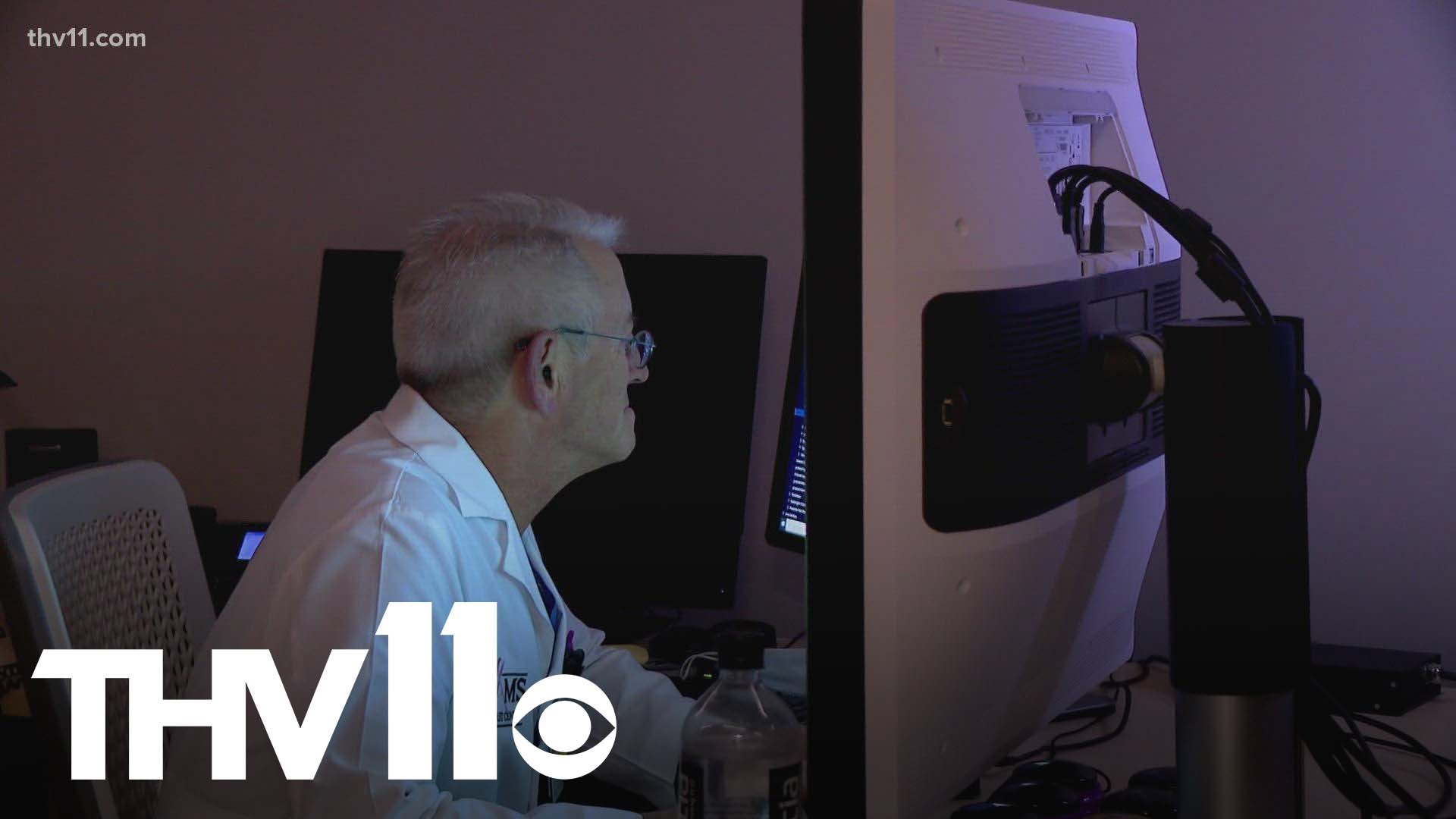LITTLE ROCK, Ark. — We're kicking off a new year with a word of encouragement for women of all ages.
A room filled with modern, sterile, and complicated looking medical equipment can be intimidating.
It's something that Dr. Gwendolyn Bryant-Smith sympathizes with for women who may be skipping annual screenings in an effort to avoid the anxiety that can come with such a setting.
She said that you can ease into caring for your breast health by asking your doctor one simple question.
"When you go see your doctor, or gynecologist, your primary provider, ask them 'what's my level of risk?' They'll put all of your information into a risk assessment category," said Dr. Gwendolyn Bryant-Smith, director of the UAMS Winthrop P. Rockefeller Cancer Institute Breast Center.
Risk assessments fall into one of three categories:
- Average risk
- Intermediate risk
- High risk
Dr. Bryant-Smith said that by knowing your risk level, you'll also learn the correct screening recommendations that are best for you.
"Specifically with breast health, it's so important 30 years and above to know what your risk for breast cancer is, because your doctor is not going to know how to advise you for your screening recommendations if you don't know your level of risk," she said.
Another reason to know your risk category is the empowerment that comes with it. The more you know, the better prepared you'll be if a cancer does develop.
"We know we can't just wait until 40 now to start screening everybody. It's not a one-size fits all, and that's why it's important to know your level of risk," she said.
Dr. Bryant-Smith said that Arkansas currently falls just below the national average in breast cancer screenings per capita.
This is why she stresses the concept that caring for your breast health can start at any age.
"It's never too late. We want you to start your mammograms whenever it's right for you," Dr. Bryant-Smith said. "We recommend average risk, age 40. But just because you didn't start at age 40, there is no reason to hide."
If you find out you have a higher risk of breast cancer, there are other screenings such as an ultrasound that doctors can perform on top of your mammogram.
The sooner a cancer is found, the greater the outcome for the patient.

